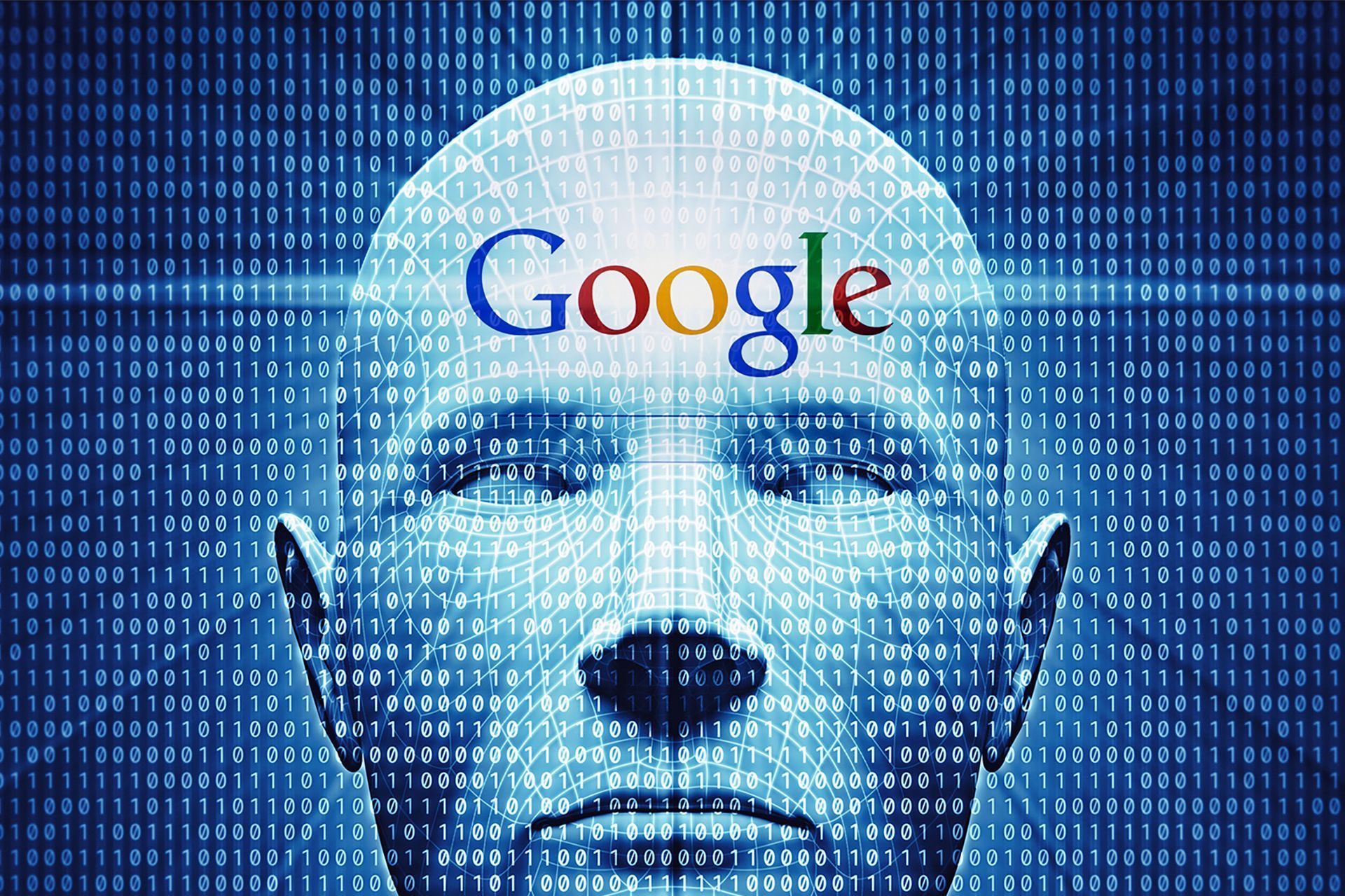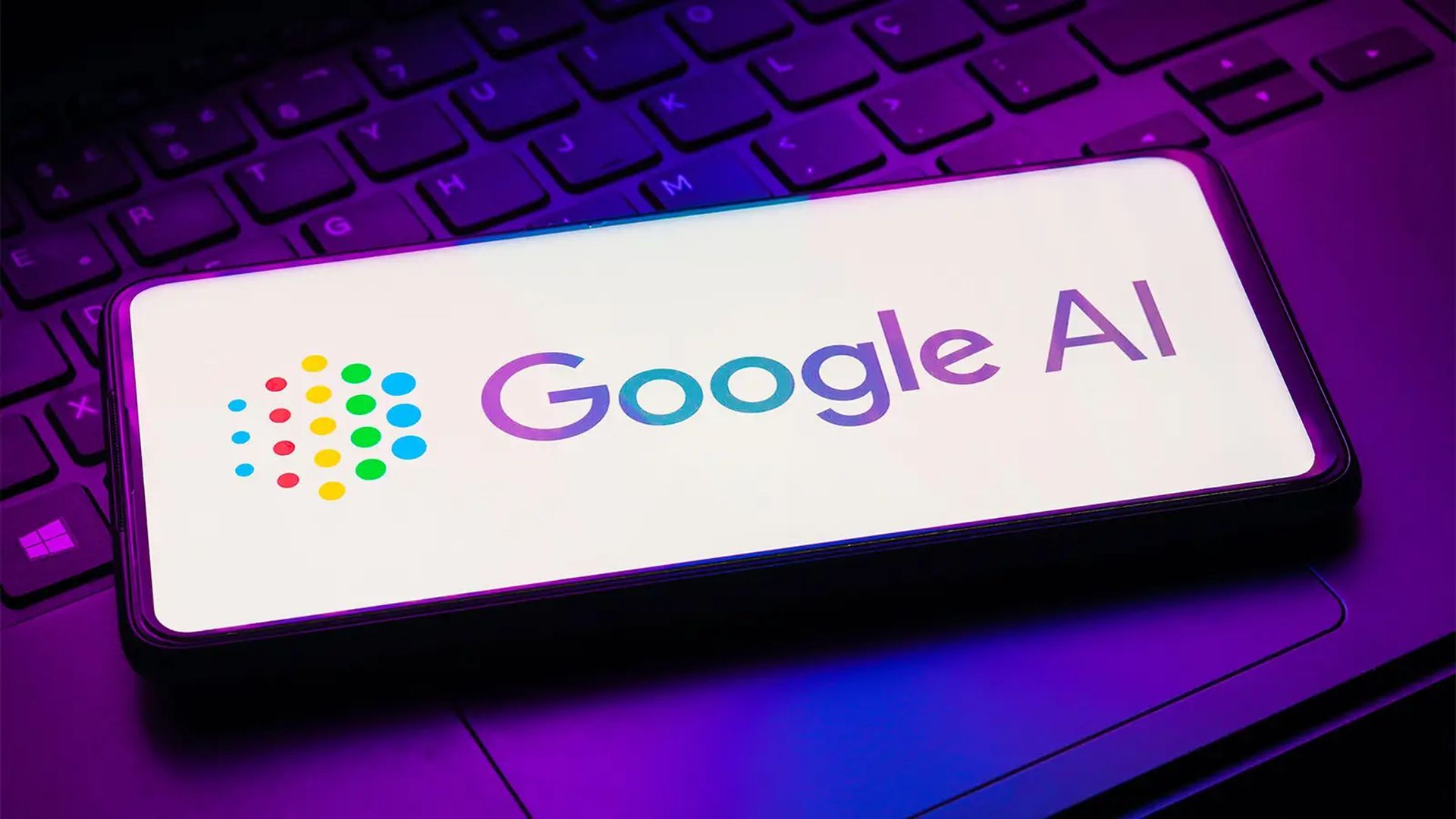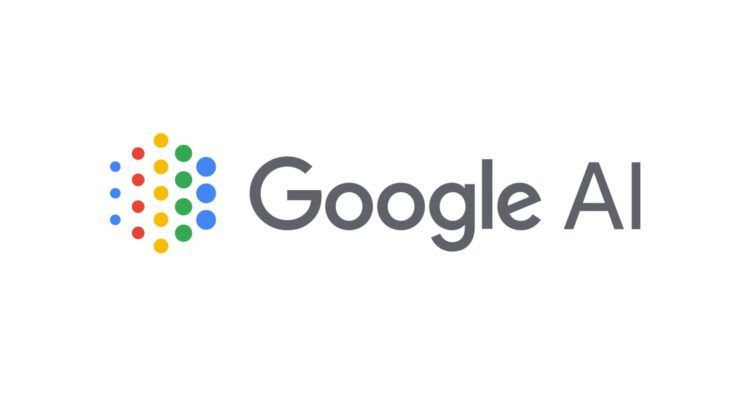Although artificial intelligence is developing quickly, it seems that Google’s image recognition system still has a difficulty that has existed for eight years: successfully detecting images of gorillas.
When software engineer Jacky Alciné discovered that a picture of him and a buddy had been incorrectly identified as gorillas by the image recognition algorithm that had been included in the business’s Photos app in 2015, the company came under fire. Both Alciné and his companion are Black. Google was horrified and quickly fixed the racist mistake by preventing the program from labeling gorilla photographs.
The problem still hasn’t been adequately rectified eight years later. Users were able to search their images by various animal species, such as cats and kangaroos, but not by gorillas, baboons, chimpanzees, orangutans, or monkeys, according to a New York Times experiment.
Images of primates are still not labeled in the Photos app. It’s unclear if the corporation can’t repair the problem or whether implementing the feature would be too contentious or dangerous. Interestingly enough, the bug also affected Microsoft’s OneDrive storage software and Apple’s Photo app, although Amazon Photos often misidentified other animals as gorillas.
Alciné expressed his disappointment that Google had not yet resolved the issue. I’m never going to have trust in this AI, he said.

OpenAI promotes democratic AGI control
The non-profit arm of OpenAI promised to give away a total of $1 million to those with innovative suggestions on how to create a democratic system that would allow ordinary people to influence the advancement of AI.
Till June 2, anybody may submit their suggestions. The best ten submissions will be chosen by the AI startup, which will then award each winner $100,000 so they can begin developing prototypes for their concepts.
This week, OpenAI said in a blog post that “AGI should benefit all of humanity and be designed to be as inclusive as possible.” “This award program is being started as a first step in that direction. We are looking for teams from all across the globe to create proofs-of-concept for a democratic procedure that might address concerns about the norms AI systems need to abide by.
According to OpenAI, the grants are experiments, and the company may or may not put any of the concepts into use. The company is drawn to approaches that encourage feedback from a broad range of people on issues that aren’t always best handled by adhering to the letter of the law.
“For instance, given that various groups have varied viewpoints on public figures, under what circumstances should AI systems denounce or criticize such people?
How should divergent opinions be portrayed in AI outputs? Should AI represent the persona of the average person in the globe, the user’s nation, their demography, or something completely different by default? No one, business, or nation should have the power to make these judgments, it said.

$450 million is raised by Anthropic in a Series C investment
Anthropic, an AI business formed in part by former OpenAI personnel, has secured $450 million in its most recent round of funding, which was spearheaded by Spark Capital.
Google, Salesforce Ventures, Sound Ventures, Zoom Ventures, and other investors are supporting the Series C investment. Claude, Anthropic’s extensive language model, is being used to enroll new consumers. According to CEO Dario Amodei, the funds will be used to develop further items.
“We are happy that these esteemed investors and tech firms are assisting Anthropic in its objective to conduct AI research and develop solutions that advance safety. The solutions we are developing are intended to provide dependable AI services that will benefit consumers and companies both today and in the future.
Anthropic said that its goal was to create goods that were safer by using AI alignment methods to direct its chatbot to follow instructions and provide acceptable replies. Recently, the business increased Claude’s context window’s token support to 100,000, enabling it to analyze hundreds of pages of documents at once.
Do you want to know how to sign up Google AI search engine?





